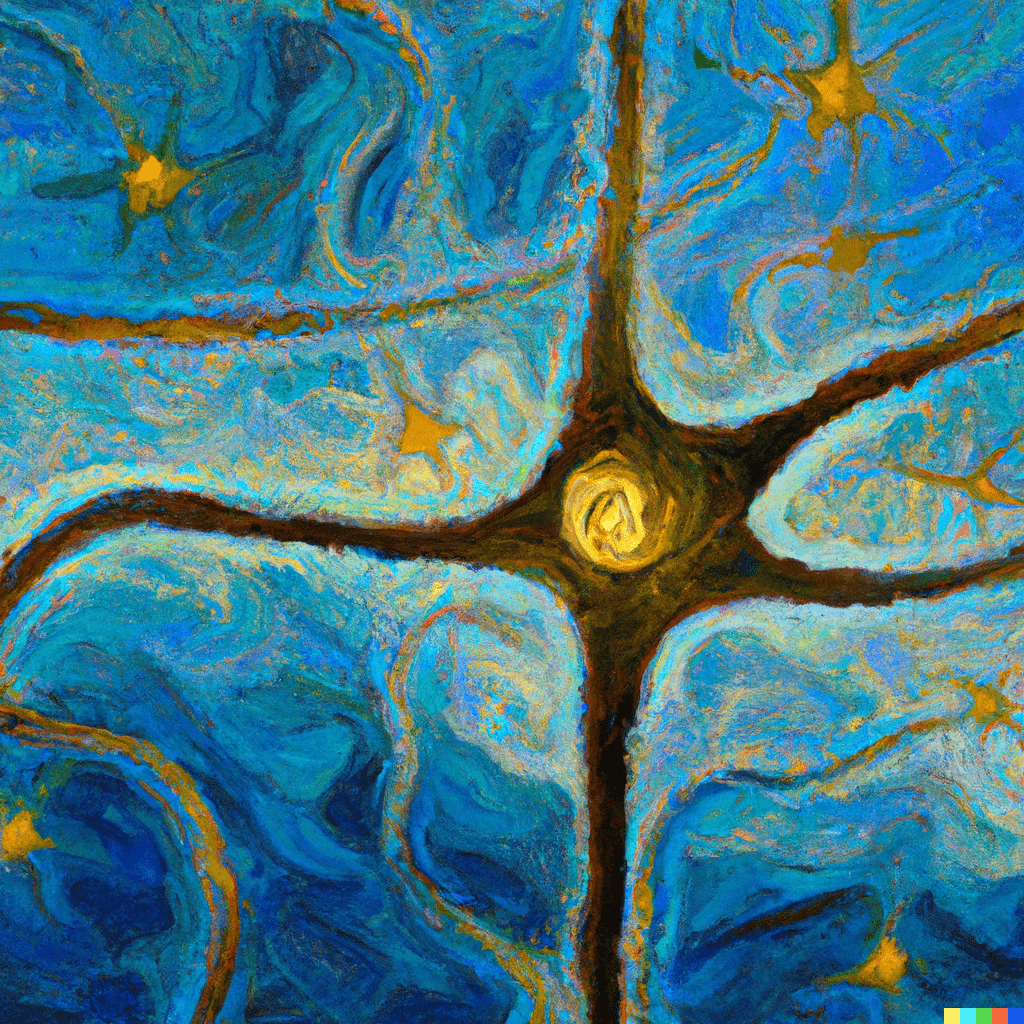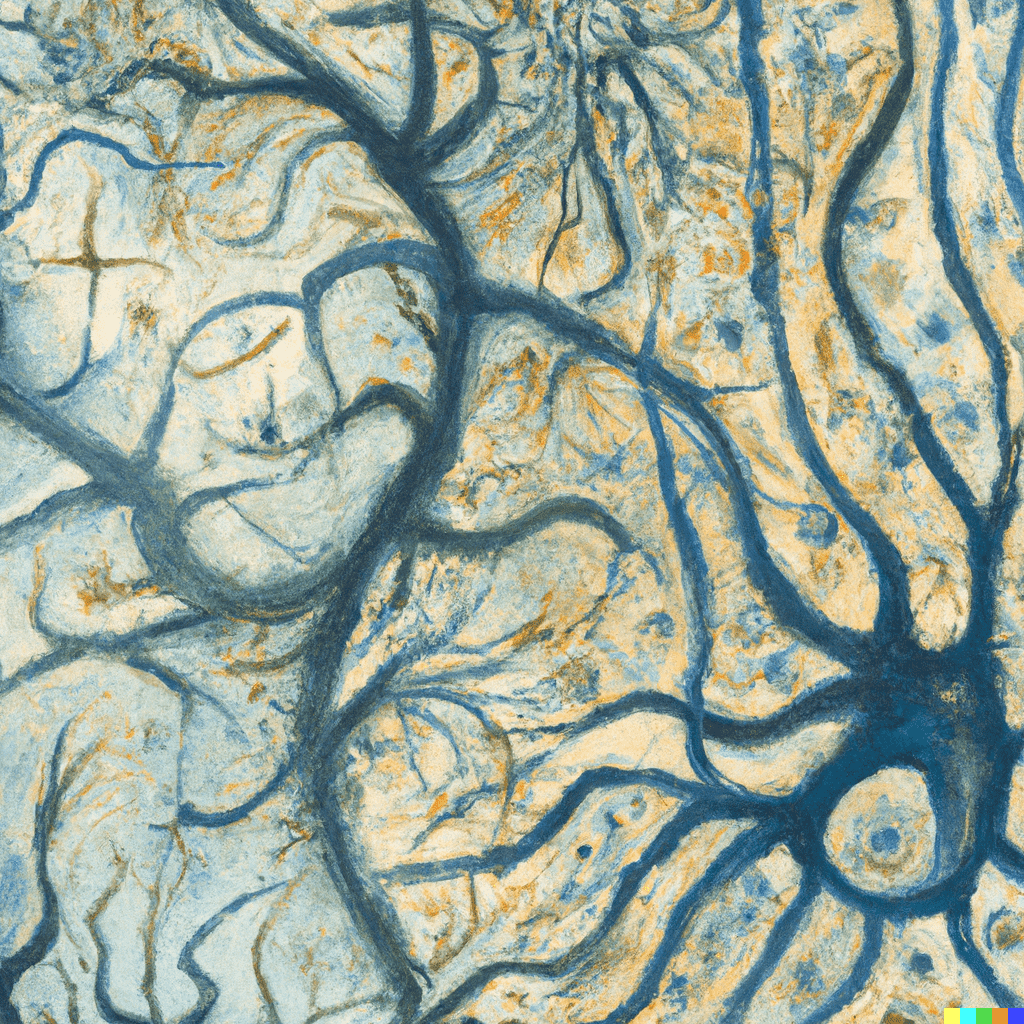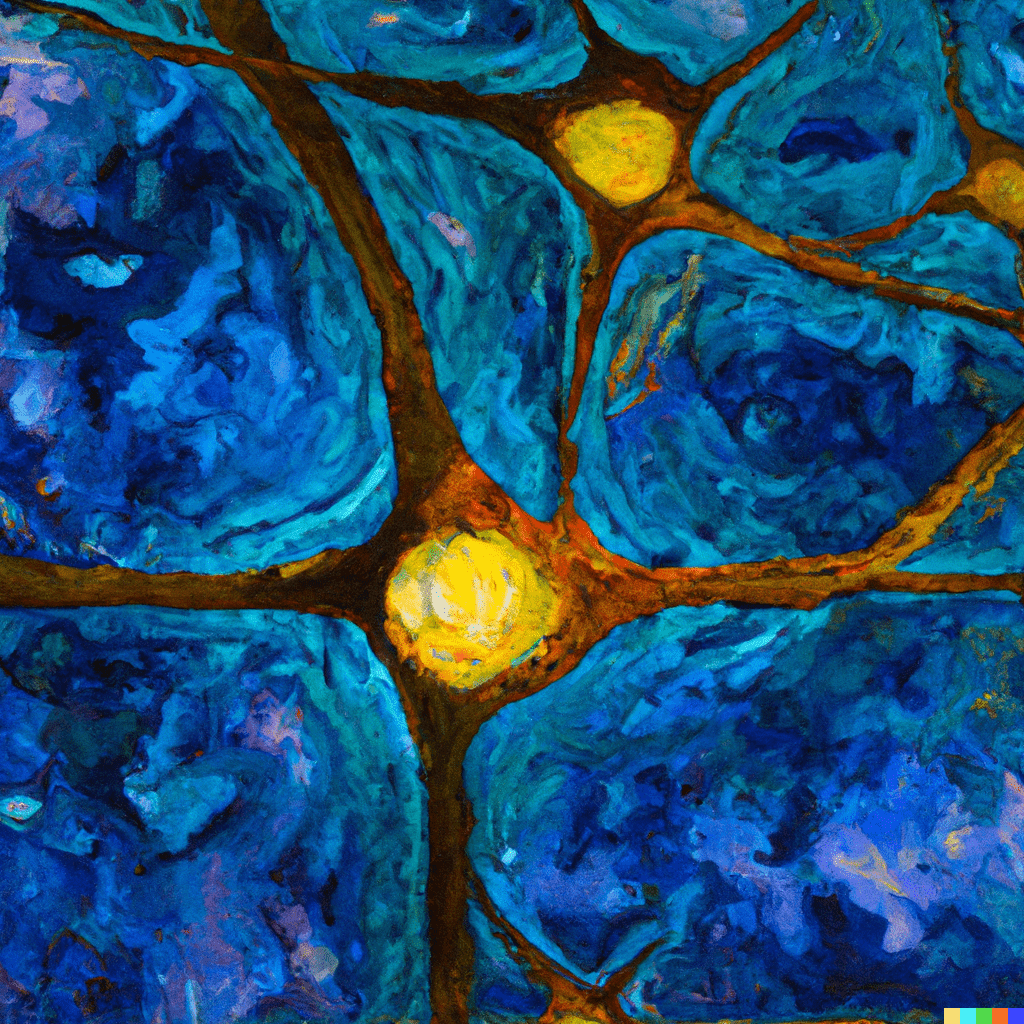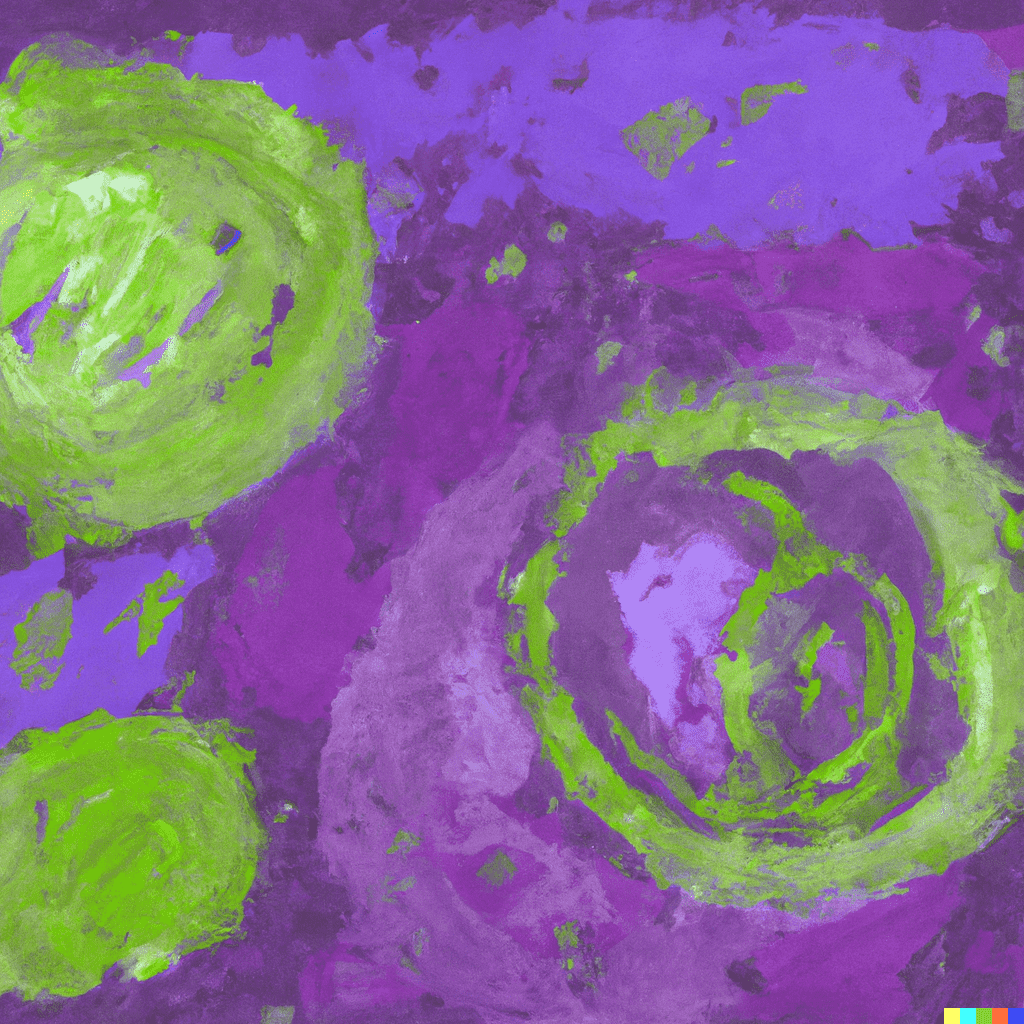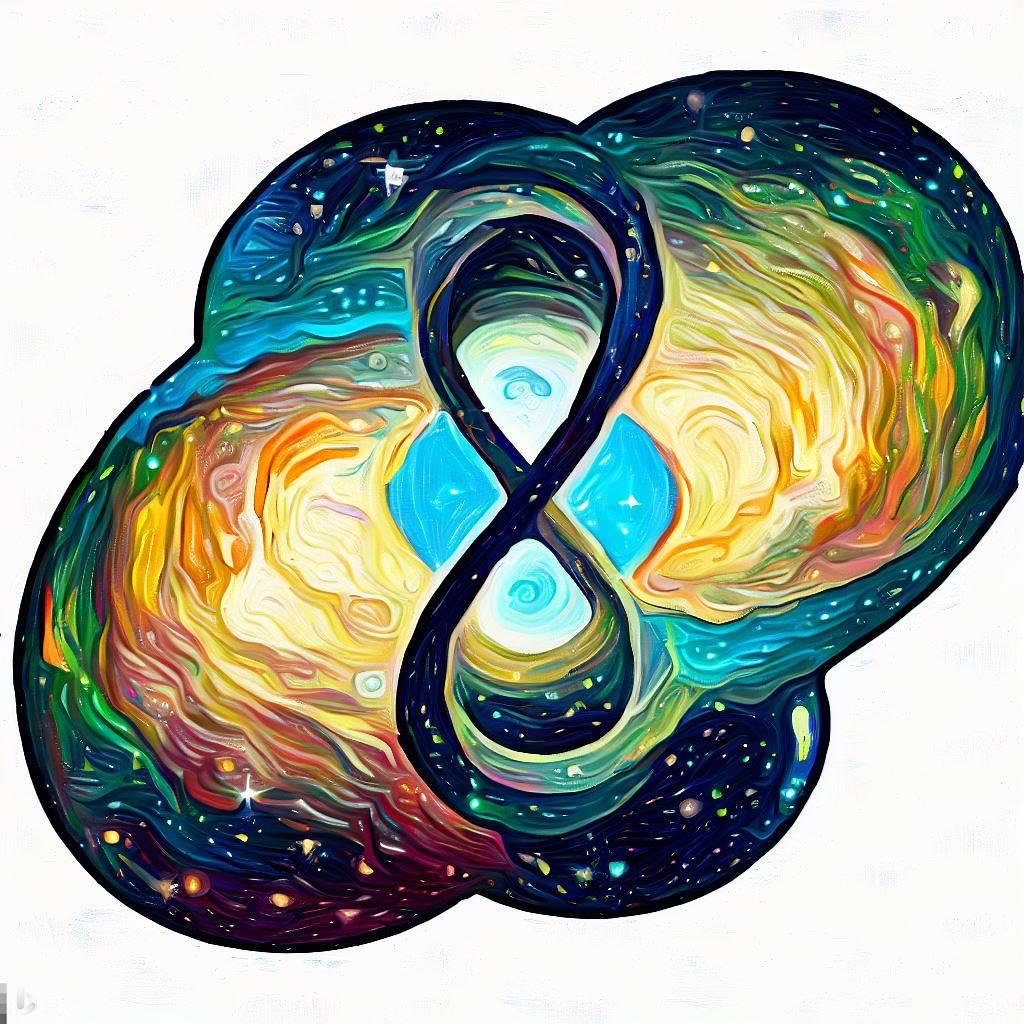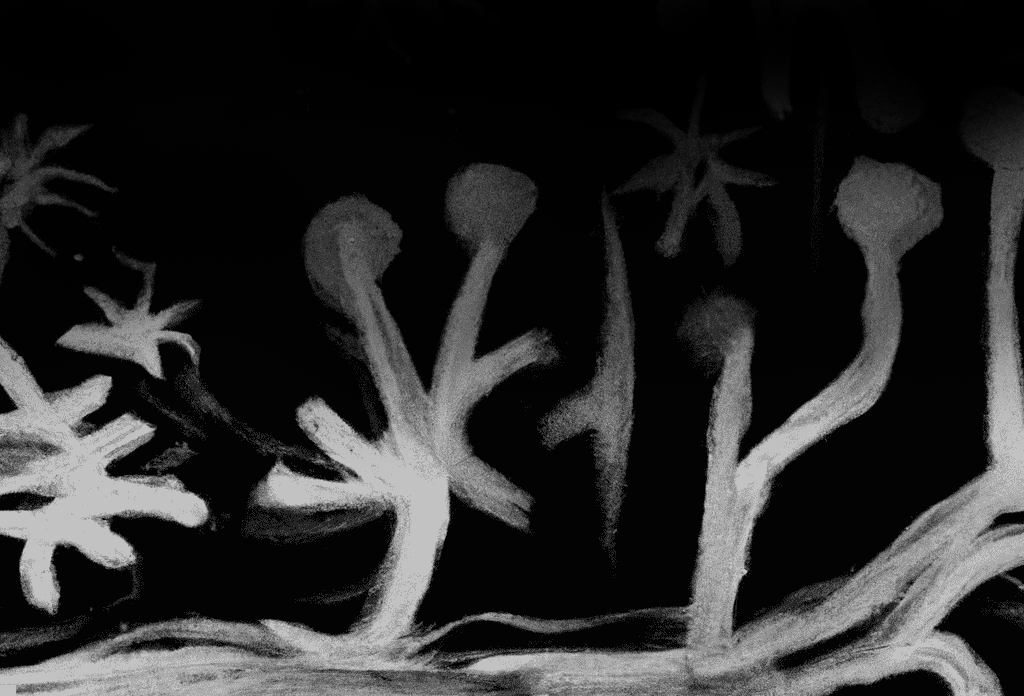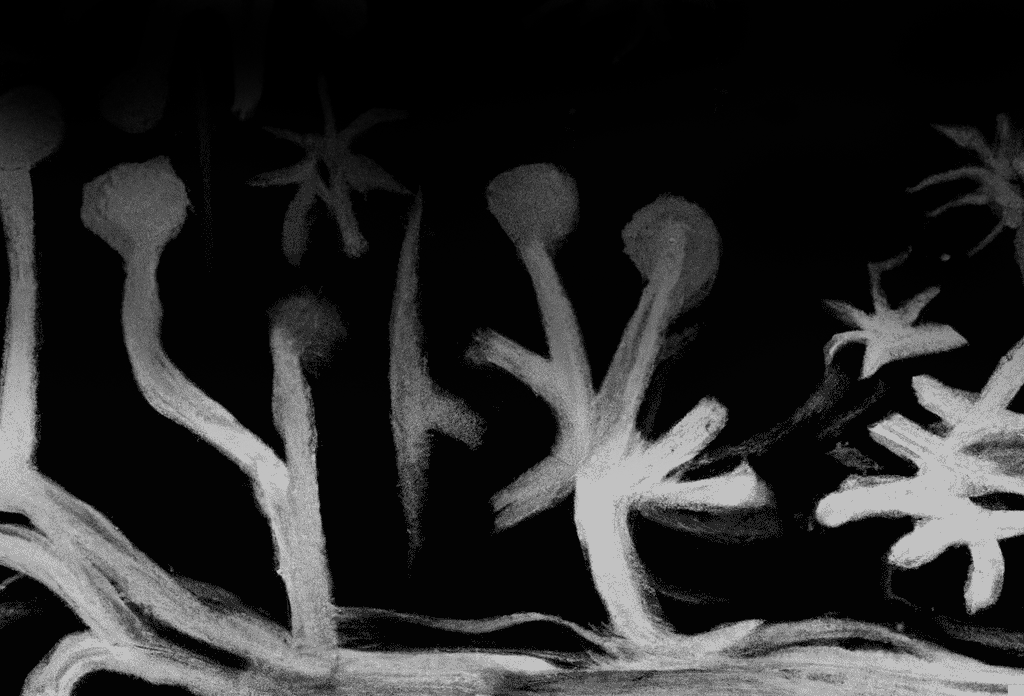To Infinity and Beyond
Infinity, an abstract and captivating concept that has both fascinated and perplexed human intellects throughout history. Its origins can be traced back to ancient civilizations such as the Greeks and Hindus, who contemplated the boundless and the eternal. However, it wasn't until the late 19th and early 20th centuries that mathematicians like Georg Cantor and David Hilbert formalised the notion of infinity, unravelling its paradoxical nature and revealing the astonishing richness of this abstract realm.
One of the earliest recorded encounters with infinity is attributed to Zeno of Elea, an ancient Greek philosopher. Zeno's paradoxes, including the famous Dichotomy and Achilles and the Tortoise paradoxes, challenged our intuitive understanding of motion and space by demonstrating how infinite subdivisions could lead to unexpected conclusions. These paradoxes served as a precursor to the profound mathematical investigations that followed centuries later.
Georg Cantor, in the late 19th century, revolutionised our understanding of infinity by developing set theory and defining different sizes of infinite sets, known as cardinalities. He showed that some infinite sets are larger than others, leading to a hierarchy of infinities. Cantor's groundbreaking work, however, also led to many unsettling paradoxes, such as his famous diagonal argument. This argument revealed that the set of real numbers is countably infinite, meaning that there are "more" real numbers than natural numbers, even though both are infinitely numerous—a concept difficult to grasp.
The Hilbert Hotel Paradox
Venturing deeper into the intricacies of infinity, we encounter the illustrious Hilbert Hotel—a paradoxical establishment boasting an infinite number of rooms. Seemingly equipped to accommodate an infinite number of guests, it encounters a conundrum rooted in the realm of infinity. Picture a hotel with an unending array of rooms, each occupied by a guest. Now, imagine another guest arriving at the hotel. A perplexing question arises: is there space to accommodate this new arrival amid an infinity of occupied rooms?
As we delve into this enigmatic puzzle, a profound solution emerges. To welcome the additional guest, each current guest must gracefully relocate to the adjacent room. Through this ingenious rearrangement, the newcomer finds abode in the previously vacated room, perpetuating an infinite yet harmonious dance of occupancy.
However, the intrigue intensifies when an infinite multitude of guests materializes at the doorstep. In the face of such a staggering influx, a remarkable resolution comes forth. Each guest, in an intricate choreography, proceeds to migrate to a room twice the number of their current dwelling. The wondrous outcome of this intricate maneuver is an infinite sequence of vacancies, eagerly awaiting the throng of new occupants.
It is within these intellectual riddles that the Grand Hilbert Hotel paradox reveals its inherent limitations. Detailed expositions, such as Veratiusm's video on the profound Grand Hilbert Hotel Paradox, illuminate the intricacies and boundaries of this thought-provoking enigma.
In the realm of infinity, where the abstract dances with the profound, the Grand Hilbert Hotel stands as a testament to the perplexities that pervade the boundless expanse. These intellectual endeavors beckon us to question the very fabric of reality and confront the unexpected intricacies that arise when we tread upon the infinite path.
The Philosophy of Infinity
Beyond mathematics, infinity has transcended into the realm of philosophy. Philosophers have grappled with the implications of infinity on human comprehension and the universe's very nature. The notion of an infinite cosmos raises profound questions about the vastness of space and the potential existence of other worlds beyond our own. Infinity beckons us to ponder the infinitesimal and the infinite, the microcosm and the macrocosm, and how they are interconnected.
Additionally, the philosophical discussion of infinity delves into the human mind's capacity to grasp the infinite. Can the human intellect truly comprehend the limitless? The concept of infinity challenges the boundaries of human knowledge and raises doubts about our ability to fully grasp the complexity of the universe.
The Infinity of the Cosmos
Venturing down the labyrinthine depths, we encounter eminent physicist Roger Penrose—a Nobel laureate who dared to explore the cosmos' mysteries. Dissatisfied with Stephen Hawking's famous big bang theory, Penrose presented an audacious alternative: "Conformal Cyclic Cosmology," transcending conventional bounds.
In his visionary framework, our universe's inception emerges not from a singular big bang, but from a wondrous outcome—a cosmic dance, perpetually cycling between universes. He audaciously proposed that matter sprung forth from nothingness—an implausible notion within traditional physics.
At the core of Penrose's hypothesis lies a captivating observation of two contrasting states of the universe—scorching, dense expanse, and cold, empty expanse—seemingly disparate yet hauntingly reminiscent. Venturing to the limits of comprehension, he discerned the remarkable symmetry bridging these states—an elegant harmony that defies understanding.
The solution to this apparent paradox lies in a profound geometric metamorphosis—the mesmerizing "conformal rescaling." This transformative mathematical procedure alters objects' size while preserving their intrinsic shape—an awe-inspiring alchemy that reconciles incongruous states.
Yet, cosmic contemplation raises profound questions—how did this timeless cycle begin? Can infinity truly defy the concept of origin and termination? The riddles of existence beckon us to ponder the unfathomable and venture to the edge of comprehension.
Infinite Regress
Within the realm of philosophy, an intriguing concept emerges—the enigmatic "infinite regress," a method of argumentation seeking to justify the infinity of all things. Yet, as we delve into the intricacies of this notion, a profound conundrum reveals itself, challenging the very fabric of our universe.
In the cosmic symphony of existence, the question arises: can an infinite chain of universes stretch endlessly into the horizon of time and space? While the allure of such an idea captivates the imagination, it encounters a paradoxical roadblock within our universe's finite boundaries.
For if we envision an infinite number of universes preceding ours and an infinite number yet to come, with no discernible beginning or end, a captivating puzzle emerges. How, then, can our universe find its place within this unending procession? The intricate tapestry of thought reveals that for our universe to exist, there must be an infinite array of universes preceding it. Yet, paradoxically, such a scenario implies a finite number of universes, potentially pointing to a higher power—an architect of the cosmos, perhaps known as God.
The exploration of infinite regress beckons us to ponder the unfathomable—the timeless enigma of creation, existence, and the cosmos itself. It is in these philosophical meanderings that we encounter the infinite, reaching for answers beyond the grasp of finite minds.
Penrose attempts to rationalize his proposition by drawing a parallel between universes and quantum particles in superposition. Just as we observe a quantum particle's position when measured, Penrose suggests that we perceive only one universe among many. He further elaborates on this notion, likening the big bang to a black hole and positing the existence of "hawking points" in the Cosmic Microwave Background radiation. However, some physicists challenge the validity of "hawking points," claiming that there is no statistical evidence supporting this theory.
The Multiverse?
The latter idea aligns with an alternate interpretation of quantum mechanics known as the many-worlds interpretation. According to this concept, the theory of multiverses finds support from quantum theory's principle of superposition. In this view, particles exist in multiple states simultaneously until observed, and the observed state of a particle corresponds to the universe in which the observation occurs. All other potential states of the particle can only be observed in different universes.
Physical Explanation of The big bang
Another plausible theory posits that the physical world consists of evanescent elementary particles, such as quarks, which form the fundamental building blocks of protons and neutrons. This world encompasses both matter and "antimatter" in nearly equal quantities. Each matter particle, like quarks, has a corresponding antimatter counterpart, nearly identical but with a slight difference. When matter and antimatter meet, they annihilate, unleashing a surge of energy, resulting in an unending cycle of creation and destruction for these particles.
However, the origin of these particles remains a puzzle. Quantum field theory suggests that even a supposedly empty vacuum is teeming with energy fluctuations, giving rise to particles that briefly exist before vanishing. Although this might seem like a mathematical peculiarity, countless experiments have observed such particles.
The vacuum state of spacetime is filled with particles constantly appearing and disappearing seemingly "out of nothing." This raises the question of whether the quantum vacuum is, despite its name, actually something rather than nothing. Philosopher David Albert has criticized theories that claim to derive something from nothing, particularly regarding accounts of the Big Bang.
In essence, the theory proposes that the early universe was composed of transient particles constantly created and annihilated, but the true origin of these particles and the nature of the quantum vacuum remain subjects of ongoing philosophical and scientific exploration.
Conclusion
In conclusion, the concept of infinity has been a captivating and enigmatic thread weaving through the tapestry of human thought and exploration. From the ancient musings of the Greeks and Hindus to the rigorous investigations of modern mathematicians like Cantor and Hilbert, infinity has continued to intrigue and challenge our understanding. Zeno's paradoxes and Cantor's groundbreaking work have revealed the paradoxical nature of the infinite, leading us to confront the boundaries of our knowledge.
Beyond mathematics, the allure of infinity has transcended into philosophy, sparking contemplation about the vastness of the cosmos and our place within it. The philosophical discourse on infinity forces us to grapple with the limitations of our minds in comprehending the boundless expanse and complexity of the universe.
From the enigmatic realm of the quantum world to the infinite regress of philosophical inquiry, the notion of infinity continues to inspire curiosity and awe. The multiverse interpretation tantalizes us with the possibility of parallel universes, while the cosmic ballet of creation and destruction dances before our minds' eye.
In the grand symphony of the cosmos, we are confronted with questions that elude easy answers—questions that beckon us to venture further into the uncharted territories of the infinite. As we grapple with these cosmic conundrums, we are reminded of the boundless potential of human inquiry and the ever-expanding horizon of human understanding.
In the end, the pursuit of infinity is not merely an intellectual exercise but an invitation to marvel at the profound interconnectedness of the universe. It challenges us to embrace the wonder and humility that come with gazing into the infinite abyss, as we strive to unlock the secrets of the cosmos and our place within it.
Bibilography
- Hogan, S. (2021, May 10). How An Infinite Hotel Ran Out Of Room. YouTube. Retrieved August 6, 2023.
- Jow, D. L., & Scott, D. (2020, March 9th). Re-evaluating evidence for Hawking points in the CMB.
- O'Connor, J., & Robertson, E. (n.d.). Zeno of Elea (490 BC - 425 BC) - Biography - MacTutor History of Mathematics. MacTutor. Retrieved August 6, 2023.
- University of Nevada, Las Vegas. (n.d.). What is an Infinite Regress Argument?
- Wilson, A. (2022, January 3). How could the Big Bang arise from nothing? The Conversation. Retrieved August 6, 2023.

